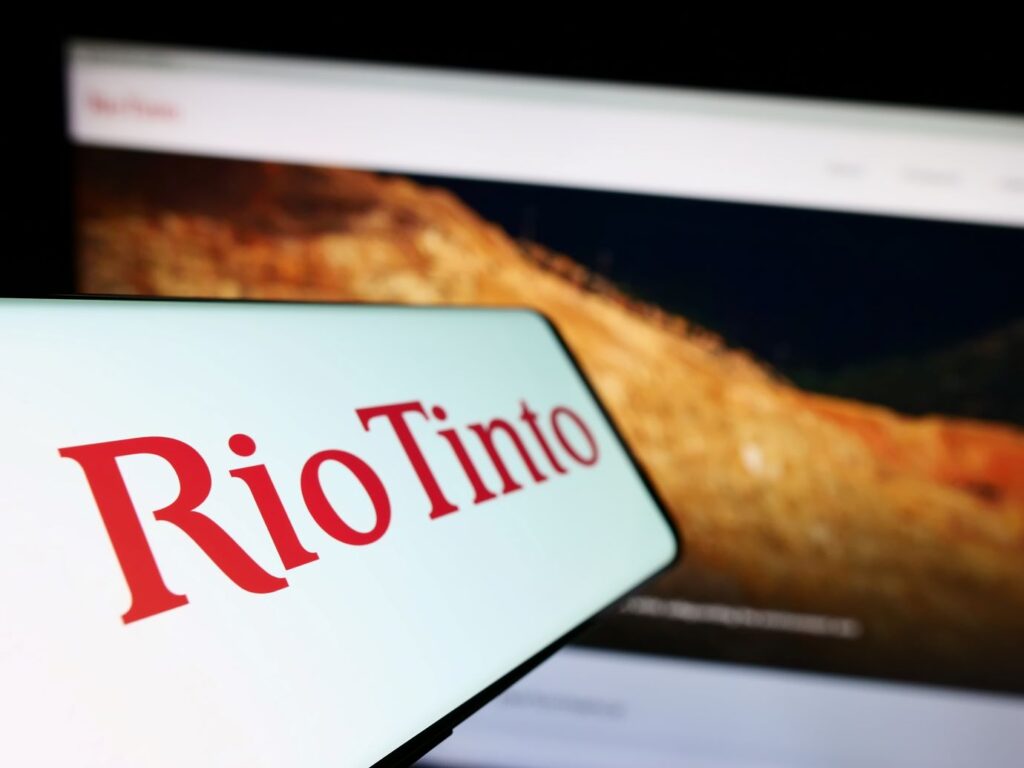Angela Green is among the “hundreds if not thousands” of current and former employees of BHP and Rio Tinto who may be eligible to join class action lawsuits filed in federal court yesterday.
According to JGA Saddler class action lawyer Joshua Aylward, the lawsuits allege widespread, systematic sexual harassment and gender discrimination at the country’s largest mining companies. Angela Green believes she was dismissed by BHP in April after she discovered and reported a colleague who had secretly filmed female staff, including herself.
What is more horrific is the detail of the claims provided by Mr Aylward, including that “women have been urinated on, forced into compromising positions and in some cases (raped), there have been women who have been physically assaulted, women who have been fired or demoted purely because they stood up to what has been happening to them and reported it.”
Women have also been defecated in front of, sexually groped, harassed by videos of a male colleague masturbating and being told ‘rape is not rape if you are passed out’.
This is just the tip of the iceberg with even more disgusting instances of sexual harassment detailed that female employees had and have been subjected to.
Former and current female employees who believe they have been subjected to sexual harassment and discrimination from November 2003 are eligible to join the class action.
The filing of the class action follows an independent review of Rio Tinto’s workplace culture by Sex Discrimination Commissioner Elizabeth Broderick, which uncovered widespread incidents of bullying, racism, and sexual assault. While Commissioner Broderick commended Rio Tinto’s leadership and commitment to transparency in driving cultural change, the details of the class action lawsuit indicate that workplaces like BHP and Rio Tinto still have a long way to go in truly leading the way.
Workplaces are a vehicle for cultural change. Sexual harassment in Australian workplaces is rampant despite new laws introduced in 2022 which require employers to take proactive steps to prevent sexual harassment in the workplace, rather than just respond to it.
In 2023 the Human Rights Commission was given stronger powers to enforce compliance with these requirements.
Earlier this year an Our Watch survey found that 40 per cent of workplace leaders were not aware of these new legal requirements to prevent workplace sexual harassment. Even more startling is that only 76 per cent of workplace leaders were aware that workplace sexual harassment is illegal even though its been illegal for 40 years.
The Australian Human Rights Commission found that in the past 5 years more than 40 per cent of women and 26 per cent of men had experienced workplace sexual harassment.
Only last month Unions NSW surveyed 3,000 migrant women and found 51 per cent have experienced workplace sexual harassment. Workplace sexual harassment costs the Australian economy more than $3.8 billion a year. We obviously still have a considerable amount of work to do.
An employer has a duty of care to provide a safe and healthy workplace and this includes one free from sexual harassment. Sexual harassment is an unwelcome sexual advance, unwelcome sexual conduct or request for sexual favours to the person being harassed. The sexual harassment leaves the person being harassed offended, humiliated, or intimidated.
Workplaces need to take much more proactive measures. Employers often dismiss inappropriate behaviours and this dismissive attitude means we may never fully grasp the extent of sexual harassment in workplaces, as many people, especially women, choose not to come forward. Instead, they remain silent or leave their jobs altogether.
The mining industry is predominantly male, and studies often show sexual harassment is a gendered issue. Women represent a significant untapped resource, and it’s crucial to encourage their entry and retention in high-paying, male-dominated fields. However, a workplace culture that permits and perpetuates toxic behaviours not only deters women but also leaves lasting impacts on those who experience such harassment.
Australian workplaces face significant systemic, structural, and cultural issues. Sexual jokes and comments are still often considered acceptable, and those who complain are frequently told they are too sensitive, need to toughen up, or that it was just a joke.
Employers have a duty of care to prevent such behaviour and to investigate it fairly when it occurs. Employees should feel empowered to speak out. Sexual harassment is never acceptable, especially in the workplace.
If you or someone you know is experiencing, or at risk of experiencing, domestic, family or sexual violence, call 1800RESPECT on 1800 737 732, text 0458 737 732 or visit 1800RESPECT.org.au for online chat and video call services.


